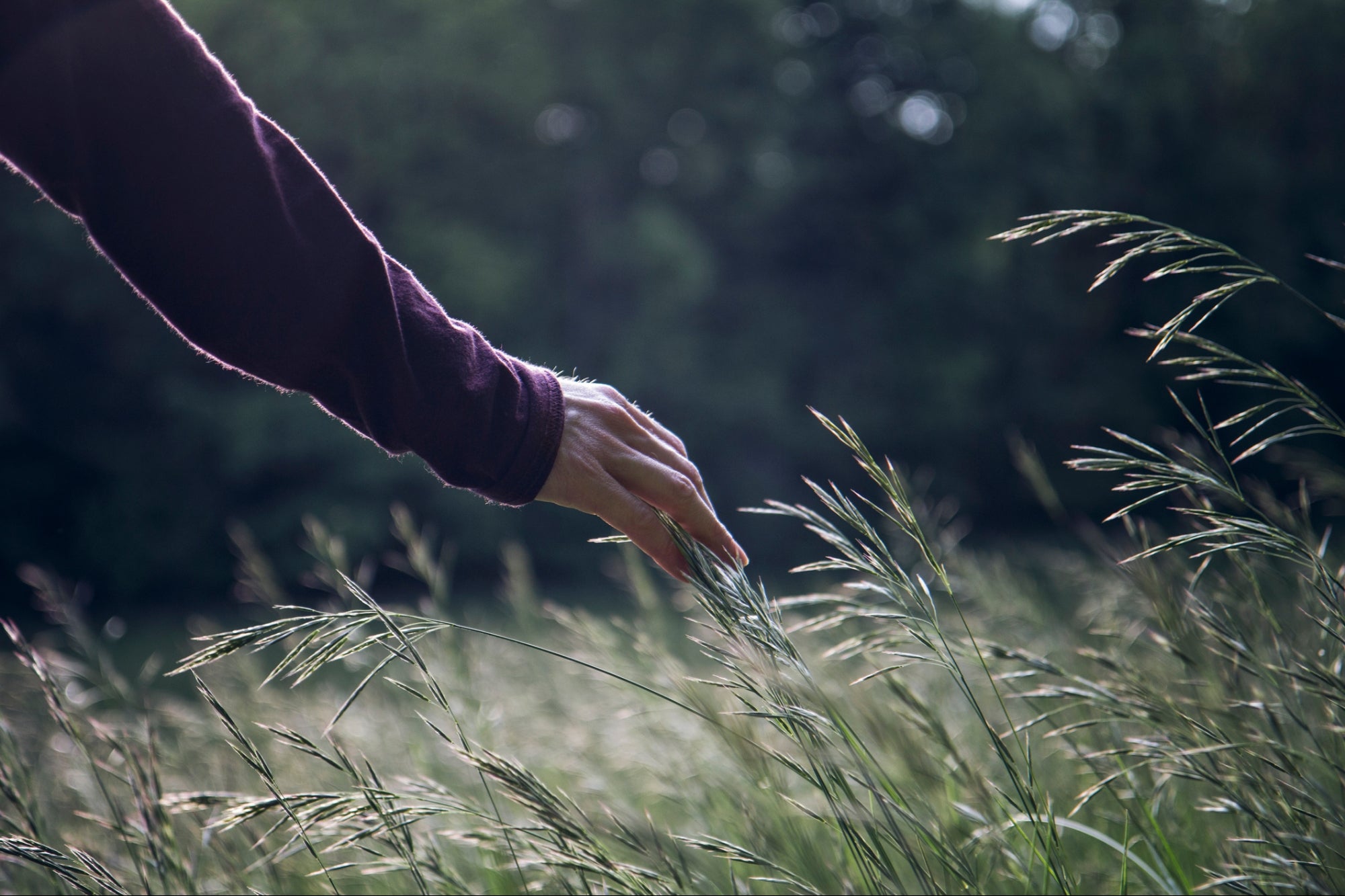
January 14, 2021 4 min read
Opinions expressed by Entrepreneur contributors are their own.
My heart races as I drive down the highway — ignoring the speed limit — and talking on the phone in a tone that can be described as not-so-calm at best.
I turn off the highway and pass by the small general store, still yelling into my phone, as I just want this deal to be done. These negotiations have been going on for way too long, and I’m tired of discussing the same terms over and over. I turn right into the gravel drive, and my phone disconnects. Ahh!
Instead of being upset my phone disconnected, I feel a sense of calm flood my body. I’m now surrounded by old oak trees as I drive down the old ranch road that leads to my “nature retreat,” my place to think differently.
As soon as I park, I take a few minutes to meditate under one of the oak trees. It’s my time to reposition myself, to move away from the chaotic, frenetic energy of the city to the calm, nature-inspired energy of the place I’ve escaped to. This “nature break,” as I call it, is my time to recalibrate and think about the world and myself in a long-term, holistic way. This is my time to do the work that really matters.
Did you ever think that taking a 20-minute break could make you more productive? Study after study has shown that we need to take a breath, think more and do less. Our 24/7 connected lives are taxing our systems and making us less productive, not more. We need to take a break to get more done.
This is why I retreat into nature and tell everyone I know to do the same. Slow down to speed up.
Here are four reasons spending time in nature will make you more productive and creative.
Tech CEOs say it’s important to get away from tech
In a letter to his daughter, Marc Zuckerberg wrote: “The world can be a serious place. That’s why it’s important to make time to go outside and play.” Sean Parker admitted about technology, “God only knows what it’s doing to our children’s brains.” James Williams, a former Google employee and winner of its prestigious Founder’s Award, said, “The dynamics of the attention economy are structurally set up to undermine the human will. If politics is an expression of our human will, on individual and collective levels, then the attention economy is directly undermining the assumptions that democracy rests on.”
The most sought-after elementary school in Silicon Valley uses the Waldorf education method, which relies heavily on natural materials in the absence of computers.
Related: 8 Ways to Improve Your Mental Focus
It’s natural aromatherapy
Trees contain essential oils that release into the forest air. When we walk under and among trees, we breathe in these near-magical oils, and that does a world of good for our health. Right away, our energy levels increase by more than 30 percent. We sleep better and longer too; a two-hour walk among trees increases the amount of sleep by an average of 15 percent.
The health benefits carry back to the workplace
Studies show that healthy workers tend to be more productive, a concept that is behind a growing trend in real estate to create offices with measurable wellness benefits. One frequently cited Harvard study showed that improving air quality caused mental cognition to soar.
Related: Getting in Your Zone: 5 Ways Entrepreneurs Prime Their Mind and Body for Optimal Productivity
You’ll live longer and healthier
The practice of Shinrin-yoku, or forest bathing, was developed in Japan, where life expectancy is among the highest in the world. It has become a foundation of preventive health care and healing in Japanese medicine. Forest bathing creates calming neuropsychological effects through changes in the nervous system, reducing the stress hormone cortisol and boosting the immune system. After just 15 minutes of forest bathing, blood pressure drops, stress levels reduce and concentration and mental clarity improve.
In nature, I have the opportunity and focus to think longer term, more intuitively and deeper. I think about the things that will really make a difference, not what gets checked off my to-do list. I find the motivation and inspiration to do the hard work that will create a meaningful, purposeful legacy. Daily task lists go by the wayside, and real solutions emerge from the forest. I am doing what really matters.
Related: 10 Simple Productivity Tips for Organizing Your Work Life







